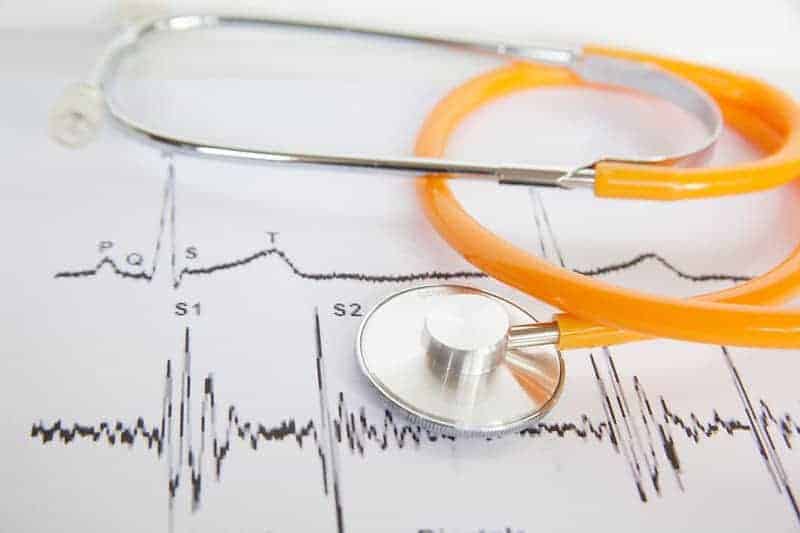

Home Medical Supplies
Which Types Of Medical Supplies Can You Easily Buy?
SonderCare Learning Center

SonderCare Learning Center
Which Types Of Medical Supplies Can You Easily Buy? Quality home hospital supplies are a necessary part of your loved one’s recovery and safety. No longer do patients recovering or handling a chronic illness have to rely on or wait for professional health care workers to take care of themselves. When maintaining a supply of medical equipment, you should use the standard of “stock what you use, use what you stock.” You may not need everything on this list, but everything on this list is readily available should you need it.
Medical equipment can help home health caregivers and loved ones manage a patient’s acute and chronic medical conditions, giving them the care and supervision they need. Before buying medical supplies, ask your doctor for more information on the infirmity and their opinion on whether or not the device is the correct one for your needs.
Seniors, patients, and caregivers can tabulate many of the necessary as a part of the patient’s care plan. Keeping them stocked can be a task for family members or caregivers.
Many of us don’t want to consider negative scenarios as being inevitable, but seniors and those with illnesses are at a higher risk of accidents. Gait and balance issues, mobility impairments, and the side effects of medications can all make them more susceptible to falls and other accidents.
For this reason, it’s essential to have a well-stocked pantry for emergencies. When accidents occur, there is no time to plan. Always prepare for the eventuality by stocking professional and general emergency supplies and complete kits to suit a wide range of applications. These supplies should include:
With enough emergency supplies, you or a caregiver can be prepared to take care of an injury while waiting for professional personnel.
It’s not just emergency supplies you need to have on-hand – patients and seniors need to have all the medical supplies for their treatment. These are often quite specific to one’s condition, so check with a doctor or nurse practitioner for recommendations. Generally, the medical supplies you should have include:
Even more specialized equipment, such as oxygen, IV, or NG tube supplies, is simple for customers to find. It has never been easier to recover or age in place!
You should also have over-the-counter (OTC) medications that let you or your caregiver administer immediate care. Common OTC medications one should always have on hand include pain medications like Aspirin, cough medicines, aloe vera gel, anti-diarrhea medicine, laxatives, calamine lotion, antacids, and antihistamines.
Patients and their families now have access to large hospital-grade equipment. They can be delivered and installed conveniently by delivery personnel, making it simple to age or recover in the comforts of one’s home.
The equipment can include hospital beds. Hospital beds let the user feel comfortable and get the support they need. The Sondercare line provides users across North America with a greater sense of safety, comfort, and independence than they would get from a standard flat or adjustable model.
Many medical devices suited for nonclinical environments are ideal for not just homes. A patient can also use many of them in workplaces, schools, hotels, stores, places of worship, entertainment venues, and transportation systems.
If buying online, make sure the website is credible and reliable. Choose sites that post privacy and security policies that are easy to find and read. Avoid giving out personal information (like your Social Insurance Number, credit card number, or medical history) unless you are satisfied that the website will keep it private and not sell it without your permission.
Online stores, including sondercare.com, have an ever-growing home medical supply inventory. What you need can come straight to your home if you order from the proper suppliers!
Needles/syringes, for example, in various shapes and sizes, as well as medical waste containers. Nursing and dressing assistance, underpads, anti-embolism socks, and diapers are all available. Umbilical catheters, speculums, pregnancy briefs/pads, and umbilical clips are examples of OB/GYN supplies. Surgery packs, table coverings, surgical equipment, and towels are examples of operating room supplies that can be openly purchased.
Temperature sensors (oral, rectal, in-ear, and frontal), bandages, ace band aids, heating pads, and bite kits are all part of first aid supplies. Assistive technology and durable medical equipment are two more categories of medical devices that are often utilized in the household.
Start Your Home Medical Equipment Collection With SonderCare
Are you recently discharged from hospital, experiencing mobility issues, or in need of palliative or senior care? Enjoy a smoother recovery and get the luxury you deserve by choosing our home hospital products. Contact us today to discuss home hospital beds, mattresses, stand assist chairs and other accessories to make your home hospice perfect for a truly comfortable experience.
Are you looking for the most recent articles on buying home medical supplies? Browse our latest resources below and let us know if you have any questions. We’re here to support you as you embark on your road to home medical care.
Seeking The Best Care For Your Loved One?
Browse North America's Luxury
Home Medical Supplies
Inventory